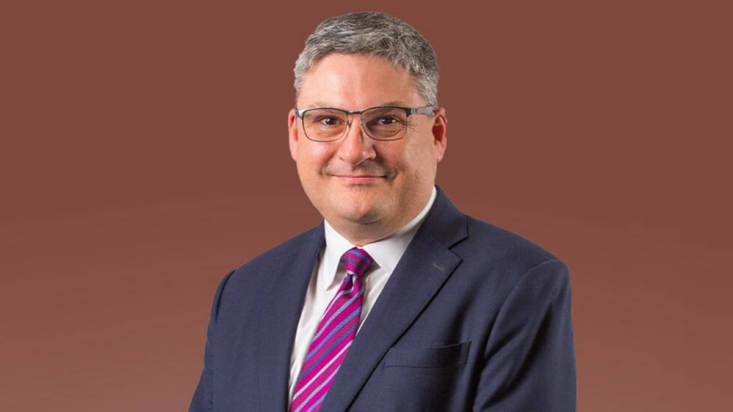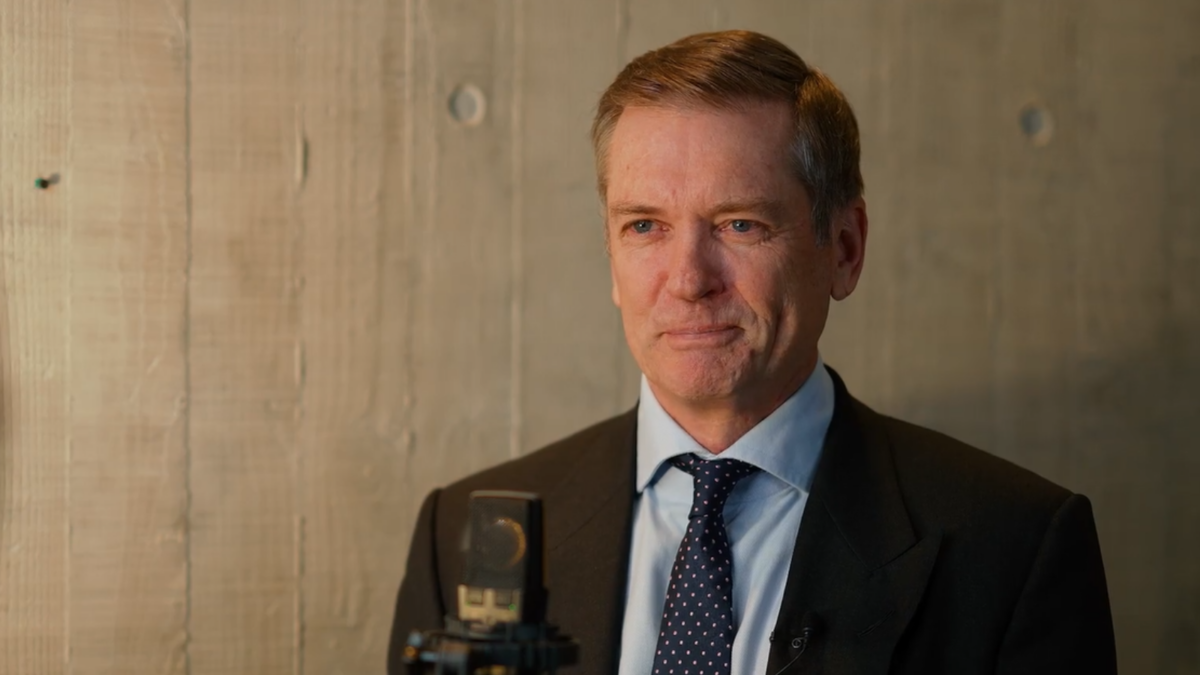Did the Future Fund get it wrong?
News this week that the Future Fund, Australia’s $200 billion sovereign wealth giant, had delivered a 6 per cent return for the financial year was met with some level of gloating from the broader industry.
With the median industry super fund returning 8.5 per cent over the same period, the chorus of outspoken commentators highlighted the significant outperformance, reflecting on the quality of their growing internal teams.
Interestingly, it took the Future Fund two months to accurately value its portfolio and report its financial year return when most funds did so in just a few days. Valuations and timing aside, the short-term performance raised a broader question for the industry and perhaps a lesson for those investing in retirement.
While short-term returns were weaker than most major competitors, long-term returns at the Future Fund remain incredibly strong at 7.2 per cent over the last five years. This compared to 6.5 per cent for the average balanced fund over the same period.
Naturally, the attention has been focused on the Future Fund’s decision to take a little risk off the table and also consistently warn about the fact that many risks are not being priced into markets. To growth focused, long-term investors without the need to be wary of potential drawdowns in the future, this is laughable.
But is the decision by the Future Fund’s team to take a little risk off the table a sound one after all? With the most aggressive rate hiking period in history combining with seemingly strong valuations, it seems that the prudent thing for any investor with real, present and growing liabilities would be to reduce risk.
By comparison, the biggest driver of returns for the broader super industry in 2023 was an unexpected and significant rally in growth, technology and overseas stocks, which the Future Fund has seemingly not been exposed to at the same level.
In my experience as an adviser focused solely on investing for retirees, the journey matters as much as the end result. This is something the Future Fund and its board are clearly wary of. It is difficult for a recent retiree to see their balance jump around on any given day, making them more likely to make emotional decisions.
What this result says to me is that we can’t, as advisers or fiduciaries of retiree capital, keep the same approach in all market conditions. Nor apply the same rules in accumulation (super funds) as we do in pension (Future Fund). In the former, you are rewarded for risk, and in the latter, punished for volatility.











